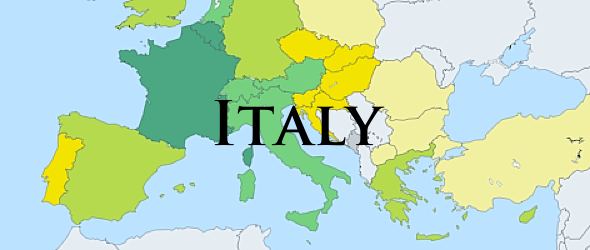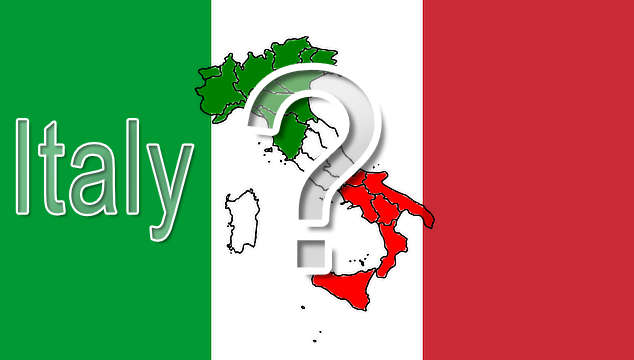The answer to the ‘Can EU and Italy Employment Figures be Trusted?’ question posed by the title of this post is ‘No, they cannot be’. Why? I’ll explain.
I came across Italy’s definition of ’employed’ by chance while scanning the comments on an article about, well, employment figures. Here’s Italy’s official statistics agency ISTAT’s definition:
In Italy, you are considered as employed if you are over 15 and have done at least one hour of paid work in the week in which employment data is gathered.
And,
Italians are considered as employed if they have completed at least an hour of unpaid work in the family business in the week in which employment data is gathered.
Yes, you read that right. You can be counted as employed in Italy even if you are not paid for working. Actually, and thanks to a Twitter follower Lou Cattani (Thank you sir) I later discovered that Italy’s definition of “employed” is based on Eurostats’ definition:
LFS main indicators (lfsi) – Reference Metadata in Euro SDMX Metadata Structure (ESMS)
Compiling agency: Eurostat, the statistical office of the European Union
3.4. Statistical concepts and definitions
The definitions of employment and unemployment, as well as other survey characteristics follow the definitions and recommendations of the International Labour Organisation. The definition of unemployment is further precised [sic] in Commission Regulation (EC) No 1897/2000.
The main concepts related to the labour status are the following:
- Employed persons are all persons who worked at least one hour for pay or profit during the reference week or were temporarily absent from such work.
On the basis of these definitions, official employment figures throughout Europe should perhaps be taken with a pinch of salt. Actually, make that an overflowing handful of salt.

Recently in Italy there’s been lots of discussion generated by employment figures. One set painted a picture that was not too positive with hirings falling and sackings on the increase while the other, published, coincidentally, a few days later, indicated that the number of those in Italy with jobs was on the increase.

Stop reading, start speaking
Stop translating in your head and start speaking Italian for real with the only audio course that prompt you to speak.
Neither claim is worth paying much attention to if all those counted as employed were over 15 and worked for over an hour or did at least an hour’s unpaid work in the family business at the time data was gathered.
One is not sure how public sector workers in Italy who clock-in and then wander off to work for their family businesses are considered. Maybe they count as two employed people?
Europe’s curiously flexible official definition of employment may also explain why Italy’s government’s claims that the number of employed is rising don’t quite fit in with reality. Italy’s GDP growth is so low as to be virtually non existent despite a major employment law reform, costly incentives, and the supposed increase in the number of Italians with what Italy official considers as jobs.
The Vouchers
Rendering Italy’s employment data even more misleading are ‘vouchers’. Employers in Italy who don’t want to take on full time workers or pay them under the table, can use vouchers to pay wages. Apparently, those paid in vouchers who are over 15 and are found to have worked for more than an hour when employment data is being collected also count officially as being employed. The voucher system further distorts Italy’s already rather misleading employment figures.
How, in your opinion, should ’employed’ be defined?
Updated: 19 September, 2019 to reflect fact that Italy uses the same definition of ’employed’ as Eurostat.




